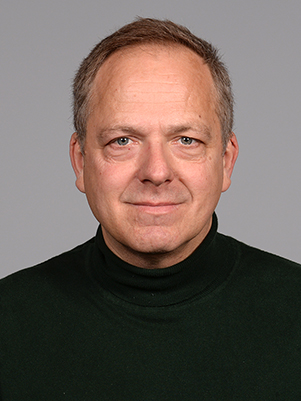Cosmology and Argument in Ancient Philosophy
The aim of this conference is to gather a select group of scholars working on ancient cosmology, logic, epistemology, and metaphysics to explore the interaction between ancient cosmologies and arguments from the Presocratics to Late Antiquity, how different modes of argumentation interact in a single author or a group of authors, and whether there was, if any, an evolution of these themes in the history of ancient Greek philosophy. The conference will take place at K. Donelaitis Room, Faculty of Philology, Universiteto st. 5.
Keynote speakers

Gábor Betegh
University of Cambridge
Caterina Pello
University of Geneva
Thomas Kjeller Johansen
University of Oslo
Barbara Michaela Sattler
University of St. Andrews
Klaus Corcilius
University of Tübingen
Matthew Duncombe
University of Nottingham
Chiara Ferella
Johannes Gutenberg University Mainz
Aistė Čelkytė
Leiden University
Mantas Adomėnas
Vilnius University / Baltic Institute of Advanced Technology
Vilius Bartninkas
Vilnius University
Luca Gili
Vilnius University
Klaus Corcilius
University of Tübingen
Klaus Corcilius is Professor at the University of Tübingen. Previously, he was Associate Professor of Philosophy at the University of California (2011-2016) and Junior professor für Antike Philosophie at the University of Hamburg (2009-2011). He has published Streben Und Bewegen: Aristoteles' Theorie der Animalischen Ortsbewegung (De Gruyter, 2008), co-authored Aristotle on the Essence of Human Thought (OUP, 2024), translated with introduction and notes Aristoteles: De motu animalium (Felix Meiner, 2018) and Aristoteles. De anima (2017), co-edited Aristoteles-Handbuch: Leben-Werk-Wirkung (J.B. Metzler, 2021), Partitioning the soul: debates from Plato to Leibniz (De Gruyter, 2014) and published numerous book chapters and articles on ancient metaphysics, epistemology and logic in CUP, OUP, Brill, De Gruyter and elsewhere.
Abstract
Participation and Practical Reasoning in Plato’s Timaeus
This paper offers a critical reassessment of Myles Burnyeat’s claim that the Demiurge’s reasoning in the first part of Plato’s Timaeus is some kind of practical reasoning. I will offer a novel account of the structure of the Demiurge’s reasoning and then suggest that the Demiurge's reasoning is the viable candidate we possess for understanding how Plato might have conceived for the participation of physical entities in intelligible being.
